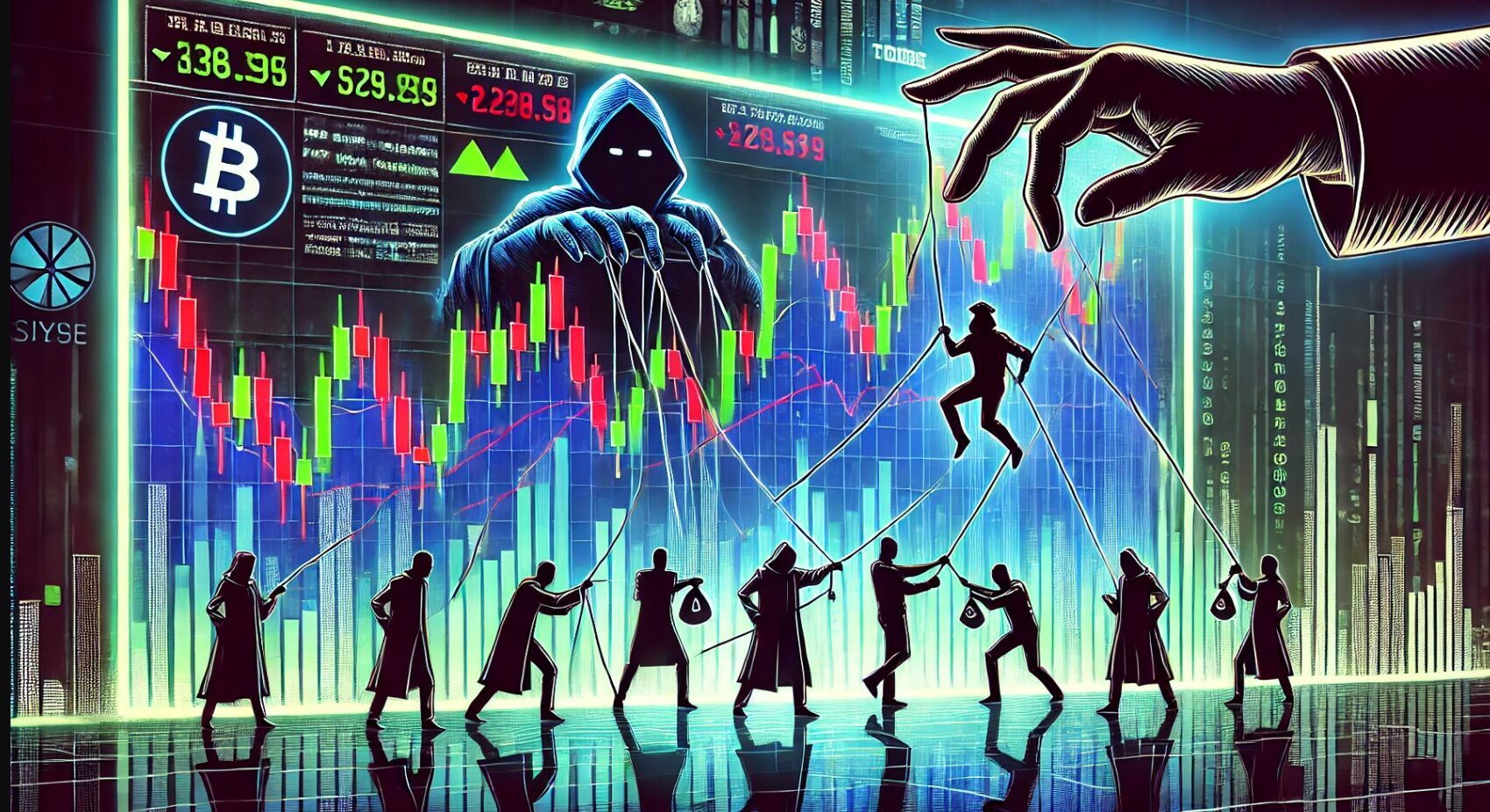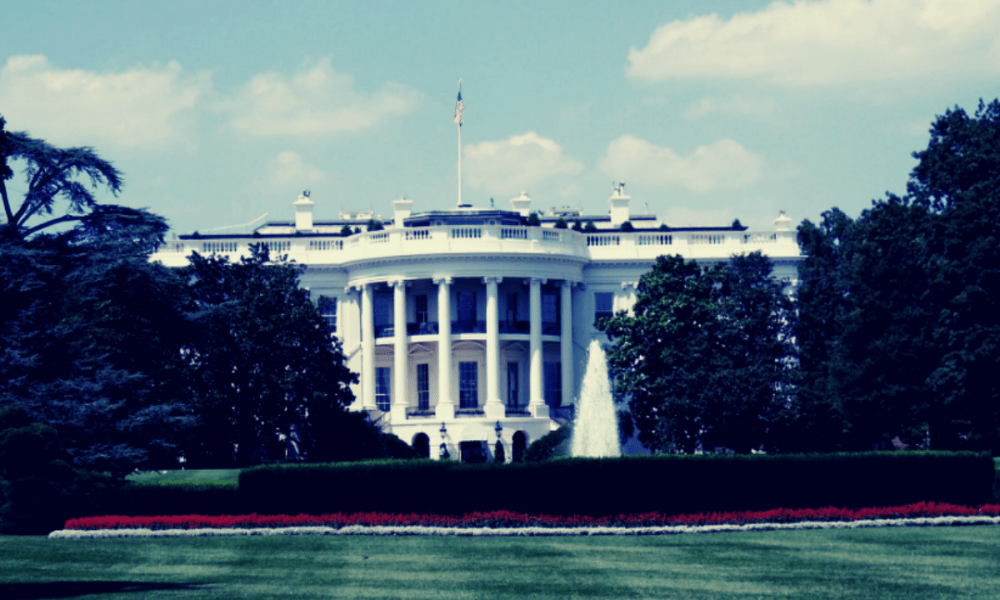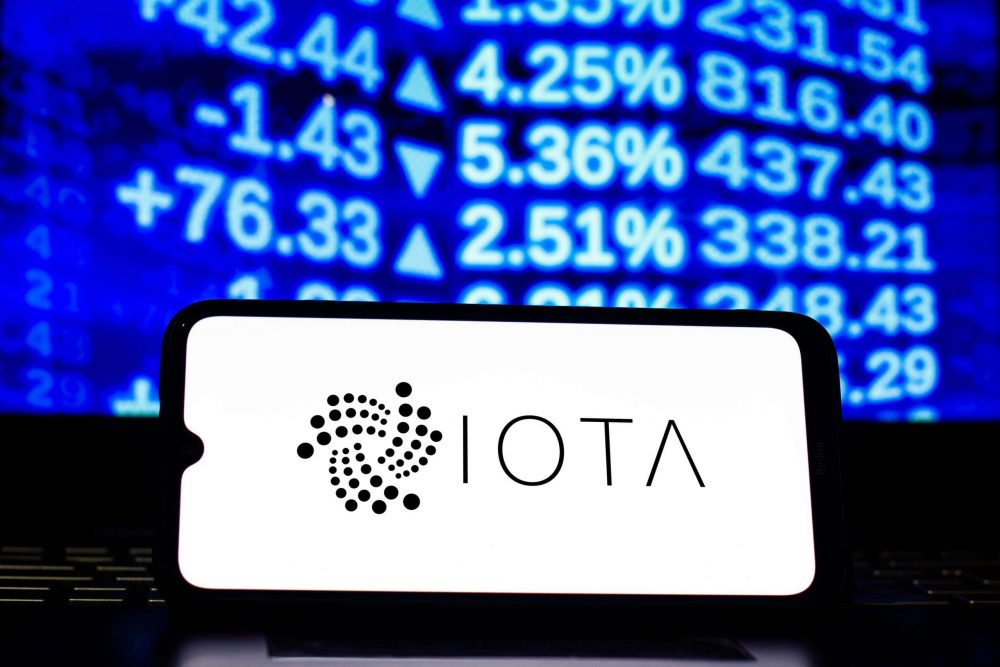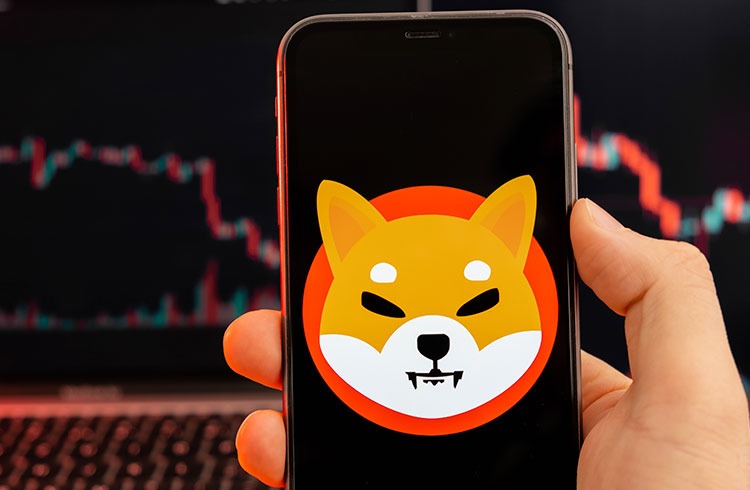Wash trading is a manipulative and illegal trading strategy that is particularly common on stock exchanges and cryptocurrency markets. There is a particularly high risk of this illegal practice being used in unregulated markets.
Market manipulation through artificial liquidity
The practice of wash trading involves the purchase and sale of a security, commodity or cryptocurrency by the same person or by coordinated actors to simulate deceptive activity in the market. The goal is to spread false information about trading volume to mislead other investors. The practice artificially inflates trading volume and illegitimately increases value.
The technique behind wash trading is relatively simple: an actor executes a buy and sell order for the same asset simultaneously, without any actual change in market conditions or ownership. These orders are executed at similar prices and often within short time intervals, creating artificial trading volume. This can give the appearance that there is high demand or liquidity for the asset.
Many negative effects
The negative effects of wash trading are many and can lead to the pricing mechanism being distorted. By artificially inflating trading volume, assets appear more popular or liquid than they actually are. This can lead to erroneous investment decisions, as investors often make decisions based on trading volume and market activity, and the inflated liquidity leads them to believe that the asset is popular and potentially profitable. The practice also undermines confidence in the markets. In addition, wash trading can lead to market manipulation, which can lead to other illegal activities, such as insider trading or fraud. The ability to artificially influence market conditions can be used to make ill-gotten gains, which is harmful to both the economy and investors.
NFT markets particularly affected
In the EU, the practice falls under the scope of market manipulation, which is regulated in Article 12 of the EU Market Abuse Regulation (MAR) and prohibited under Article 15 MAR. In other countries, price distortion is also punishable.
Wash trading is a significant problem, especially in unregulated markets such as NFTs . A 2024 study shows that the NFT marketplace LooksRare has a wash trading volume of 94.5 percent, while the X2Y2 marketplace is at 84.2 percent. NFT markets with incentive structures would therefore have a significantly larger share of wash trading than those without incentive structures.
- El Salvador discovers enormous gold reserves worth 3 trillion USD – a new opportunity for Bitcoin? - December 12, 2024
- Alex Krüger: Bitcoin is in a “super cycle” - December 12, 2024
- New inflation data released: What does this mean for the economy and cryptocurrencies? - December 12, 2024
























